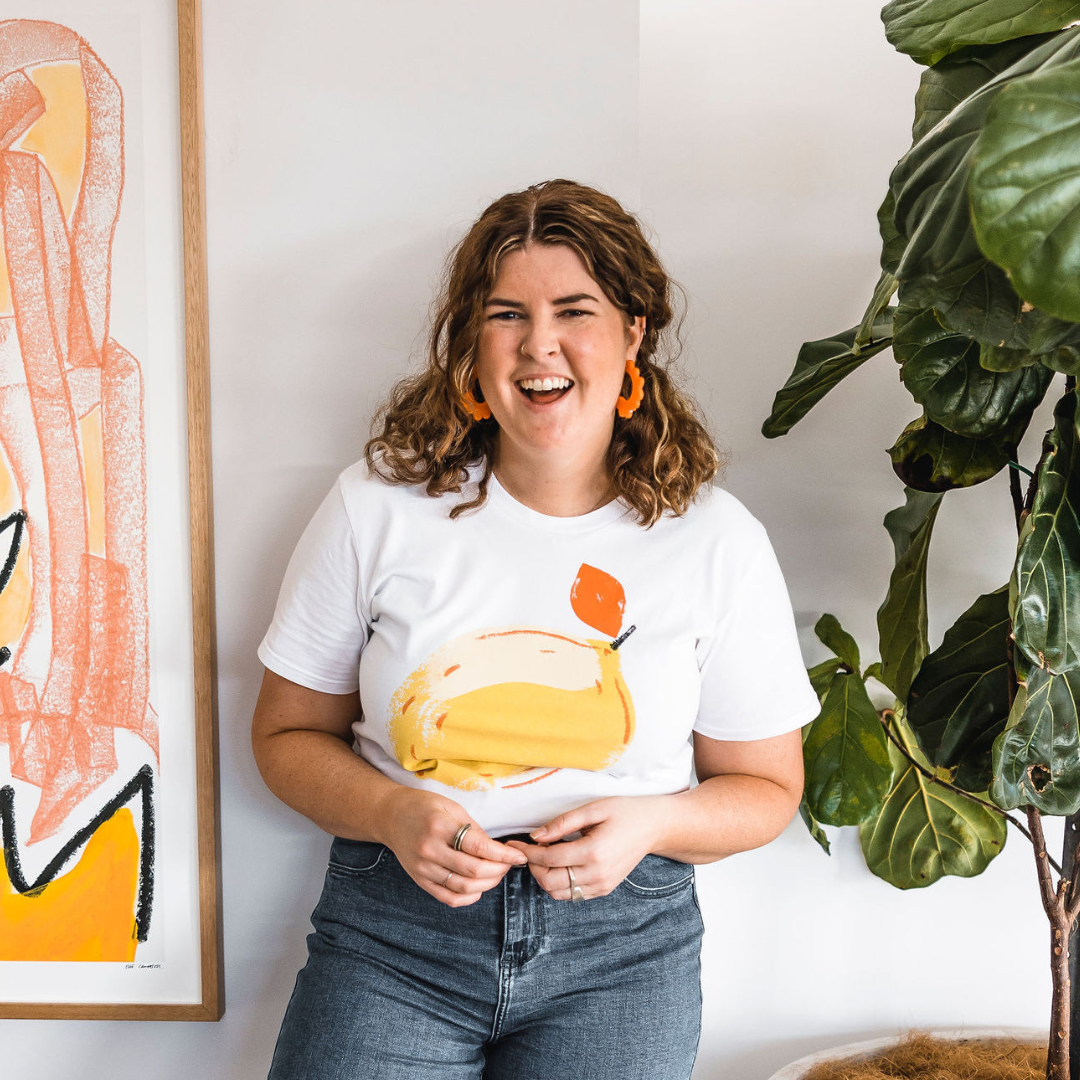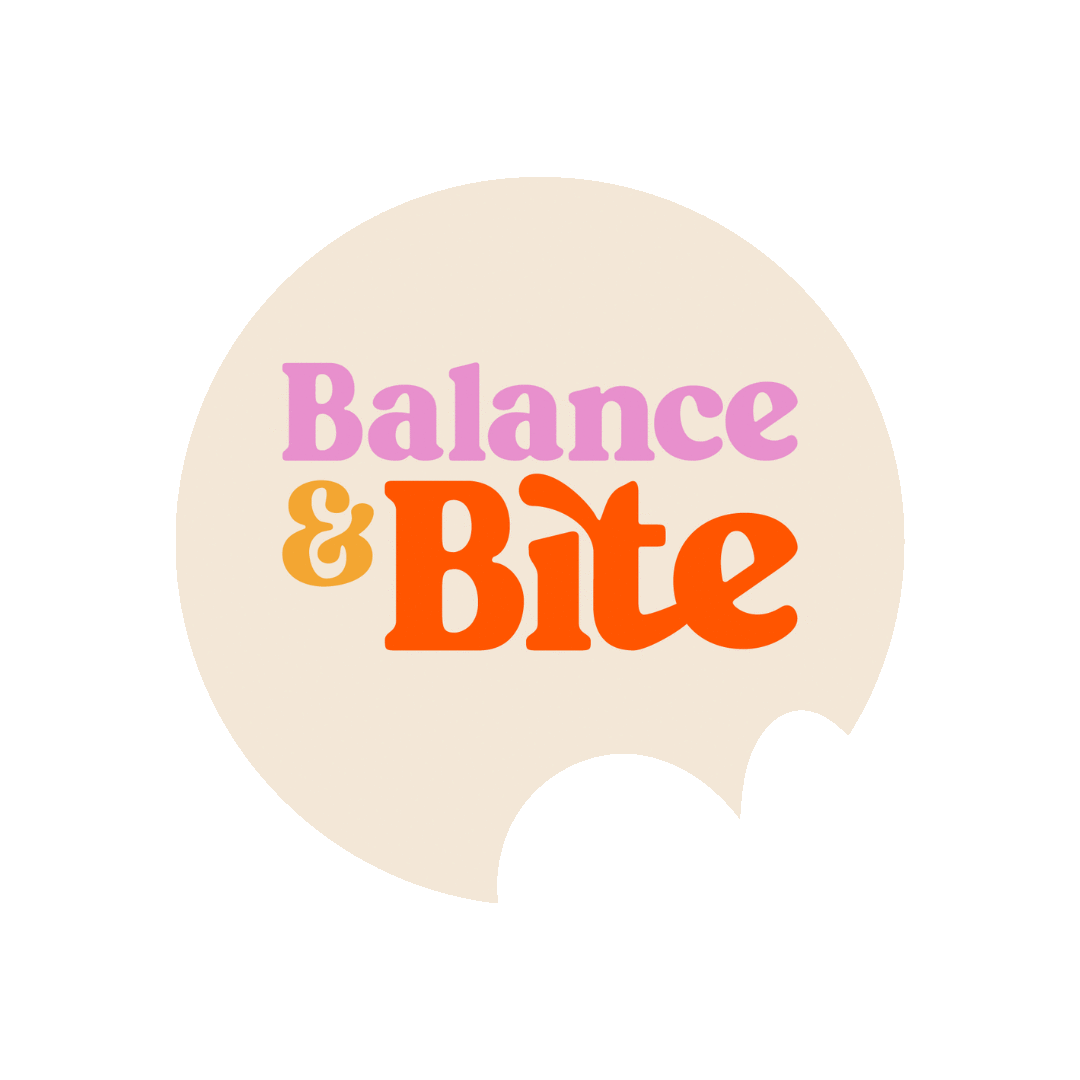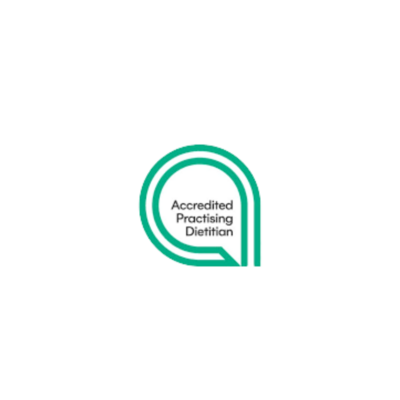If you’re feeling nervous, anxious or overwhelmed about working with an eating disorder dietitian, we get it (especially if you’ve had a bad experience with a traditional dietitian in the past).
In my experience, most of this anxiety comes from the uncertainty of not knowing what an eating disorder dietitian does. Because, like anything in life, the unknown is scary AF. Want a better understanding of what an eating disorder dietitian does and what to expect when working with one? Keep reading or listen to this podcast episode 👇
What to expect in your first dietitian session?
The first session with an ED dietitian is when they’ll ask you lots of questions to assess your eating patterns, food thoughts, beliefs and rules, body image concerns, relationship with food and body growing up, symptoms associated with your eating disorder and more.
It’s also an opportunity for us to get to know each other. Unlike seeing a dietitian for high blood pressure, which might require 1-2 sessions, you may need 10, 20, 30 or even more dietitian sessions to help you recover from an eating disorder. So, it’s our priority that you feel safe, heard and comfortable because sharing thoughts and beliefs about food and your body can be incredibly scary and vulnerable.
That’s why you can expect your first (and all sessions) at Balance and Bite to be conversational, relaxed and as collaborative as possible.
At the end of the first session, we’ll work together to create some long-term goals and maybe 1-2 small activities you can focus on between our sessions, e.g., setting a timer to eat or buying a snack you feel comfortable eating.
However, depending on the complexity of your eating disorder, e.g. if you also have co-occurring conditions (ADHD, PCOS and binge eating disorder), we may not discuss goals or set tasks to focus on until the second session.


What goals might you set with an eating disorder dietitian?
While everyone will have different goals for recovering from an eating disorder, there are similar overarching goals we work towards as an eating disorder dietitian, and these are based on the RAVES model. This focuses on eating regularly, eating enough, eating a variety, eating socially and eating with flexibility and freedom – however, more specific goals might look like:
- Eating at least three meals per day
- Adding snacks between main meals
- Expanding the variety of foods that you eat
- Reducing the food noise and critical inner food thoughts
- Planning/cooking with flexibility, e.g. cooking with oils, fats and dressings
- Reducing the frequency of binge eating
- Building meals that contain all four food groups
- Reducing your preoccupation with your body and reducing fear of weight gain
- Learning to eat intuitively
How do you reach long-term eating disorder recovery goals?
If you’re in the midst of an eating disorder, reading the list above can feel big (and scary). That’s why we focus on one goal at a time. We also break each goal into small “experiments” or tasks for you to practice between sessions. We’ll work together to set these goals and make them specific, measurable, achievable, relevant, and timely (SMART).
For example, if your long-term goal is to eat at least three meals per day and you’re only eating one or two, here’s how your eating disorder dietitian would work with you to set a smaller goal/task.
Goal: Over the next week (timely), I’m going to set a timer every 3-4 hours to remind me to eat (achievable & relevant) and try to eat at least three meals every day (specific) and put a tick in my calendar when I eat. (measurable)
Once you’ve reached this goal and feel confident to maintain this behaviour, create another goal. If you don’t reach this goal, that’s also okay. It means we’d discuss where you’re getting stuck and why and give you more time to practice this task first.
One of the most important things to keep in mind with eating disorder recovery is to take your time, focus on your goals (not what others are doing), and remember that progress is NOT linear.
We don’t expect you to make any significant changes quickly, and we’ll work with you to gradually increase the amount and variety of foods you eat.


What’s the difference between a traditional dietitian and an eating disorder dietitian?
As someone who’s worked as a “traditional dietitian” and an “eating disorder dietitian,” I can tell you that our work is very different. The main difference is that a dietitian who’s trained to work with eating disorders is usually upskilled in counselling; in other words, they’re more like a food and body image therapist than a “dietitian.”
While a traditional dietitian can help people with eating disorders (and usually do without even knowing it), they may not have the knowledge or confidence to hold space for the confronting and challenging conversations around food and body image concerns.
Eating disorder dietitians offer tailored treatment plans, nutrition education, and a holistic approach to recovery that supports the development of healthier relationships with food and body image. We look beyond the nutritional conversation of food and focus on the emotional, social and mental benefits of expanding your variety and intake of food and reducing anxiety and fear.
What is nutrition counselling?
As it sounds, nutrition counselling is a form of therapy that focuses on food and body image. It involves unpacking, discussing, and challenging a person’s thoughts, beliefs, and rules about food, bodies, and the role of nutrition.
As a dietitian who works with humans with eating disorders and disordered eating, I prefer to call myself a nutrition counsellor or food and body image therapist rather than a dietitian. When you conjure an image of a dietitian, you think of someone who tells you to eat healthy and lose weight, right? But this couldn’t be further from what an eating disorder dietitian does. While we’re based in Melbourne, and most of our clients live in the area, we also see clients across Australia via Telehealth.
Struggling with an eating disorder or disordered eating? We can help!
At Balance and Bite, we work with medically stable adults who need support to overcome binge eating, atypical anorexia nervosa and other non-specific eating and feeding disorders (OFSED).
We use a weight-inclusive, non-diet, neuro-affirming, gender-affirming and trauma-informed approach to recovery and healing your relationship with food.
Learn more about our nutrition counselling services in Melbourne and Online.
If you’re not ready to commit to counselling but want more information about the anti-diet approach, subscribe to our weekly newsletter.
FAQ’s
I’m already working with an eating disorder psychologist. Do I need to work with a dietitian, too?
In most cases, working with a dietitian and a psychologist (or counsellor) in eating disorder recovery is beneficial. For example, a dietitian may focus on debunking misinformation around carbohydrates while a psychologist will help you challenge perfectionist traits, making you feel like you need to eat “just right”
Will your eating disorder dietitian give you a meal plan?
It really depends on your presentation and the severity of your eating disorder. While we’ll never give you strict, detailed meal plans (which can lead to obsessive thinking and make things worse), we may provide you with food or meal “guidelines.” This is usually along the lines of the plate-by-plate approach, a visual approach to plating meals without focusing on measuring or counting. This might eventually include exposure therapy (aka gradually reintroducing fear foods) to promote flexibility and reduce anxiety and rigid rules around specific foods.
What does an eating disorder dietitian do?
An eating disorder dietitian provides evidence-based nutrition education, for example, explaining how much food you need, the role of different foods for your health, the consequences of under-eating, and dispelling food and nutrition misinformation.


Erin’s an Accredited Practising Dietitian & Certified Intuitive Eating Counsellor. She uses a non-diet approach and weight-inclusive care to help her clients reclaim a healthy relationship with food and their bodies free of guilt, shame and restriction.












View comments
+ Leave a comment